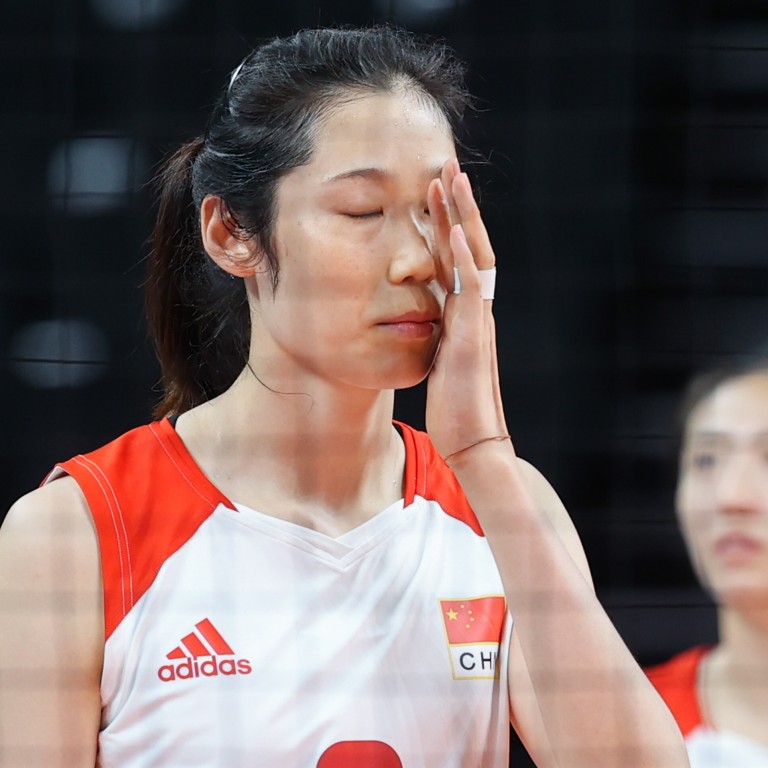
Tokyo Olympics: China’s obsession for gold reaping rewards but netizens argue that national pride goes beyond medals
- Though China has experienced both highs and lows at the Tokyo Games, some netizens are rushing to defend athletes from a flood of hate
- Be it injuries or failing to perform, those who did not win medals should still be celebrated in the spirit of sport, they argue
Follow our live coverage of day 10 of the Tokyo Olympics here
A week before the Games, Gou Zhongwen, director of China’s sports administration and head of the Chinese delegation, left no doubt about the country’s goals after unveiling its largest-ever overseas Olympic delegation.
“First, to resolutely curb the continuous decline of China’s Olympic performance for many years. The second is to ensure China remains on top in terms of gold on the medal table,” Gou said.
In Beijing 2008, the hosts topped the gold medal tally for the first time, achieving its largest haul of 48 – with the United States second on 36.
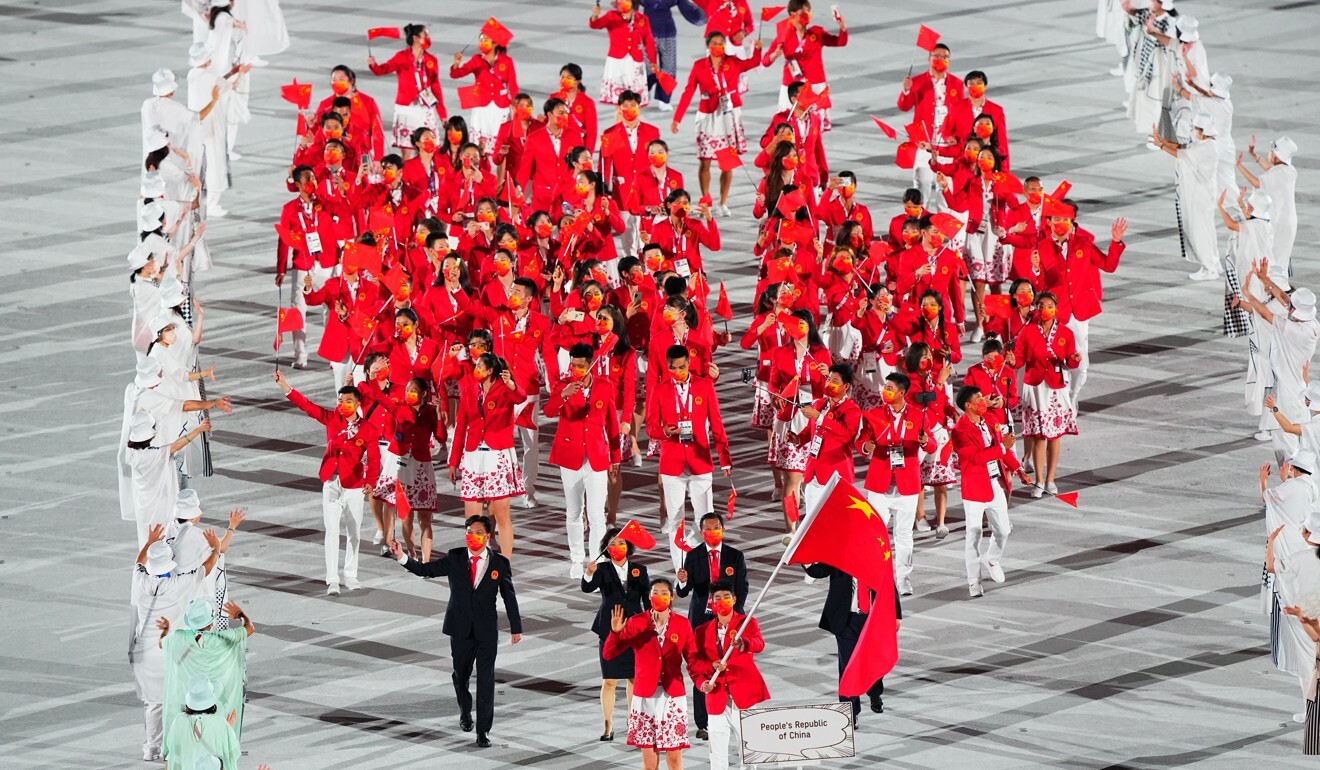
London 2012, however, was a let-down as China slipped to second with 38 golds. Rio 2016 was an even bigger disappointment, with China coming third on 26 behind the USA (46) and Great Britain (27).
China has 24 golds after 10 days in Tokyo and is on target to finish with between 30 and 35.
Gou called for the athletes to “fight for the glory of their country with pride, honour and responsibility,” Xinhua News Agency reported.

The Chinese authorities have long sought to bolster national prestige with Olympic success, and at times went overboard in their obsession with gold. Performance evaluation of regional officials was once based on the number of gold medallists their areas produced, before Beijing officially labelled such criteria as “distorting the spirit of sports” in 2015.
As recently as February 2020, the national sports administration rolled out a set of arbitrary physical tests on athletes for international qualifying events, triggering public outcry over fears it would end up hampering China at the Tokyo Games and 2022 Beijing Winter Olympics.
China swim stars fall foul of physical tests at Nationals
The tests included challenges such as push-ups, endurance running and bench presses, prioritising overall strength over specific skills. Top-notch swimmers who were to compete in the 2020 national swimming championships – including Fu Yuanhui, a Rio 2016 bronze medallist in the women’s 100m backstroke – were eliminated for underperforming in the long-distance running part.
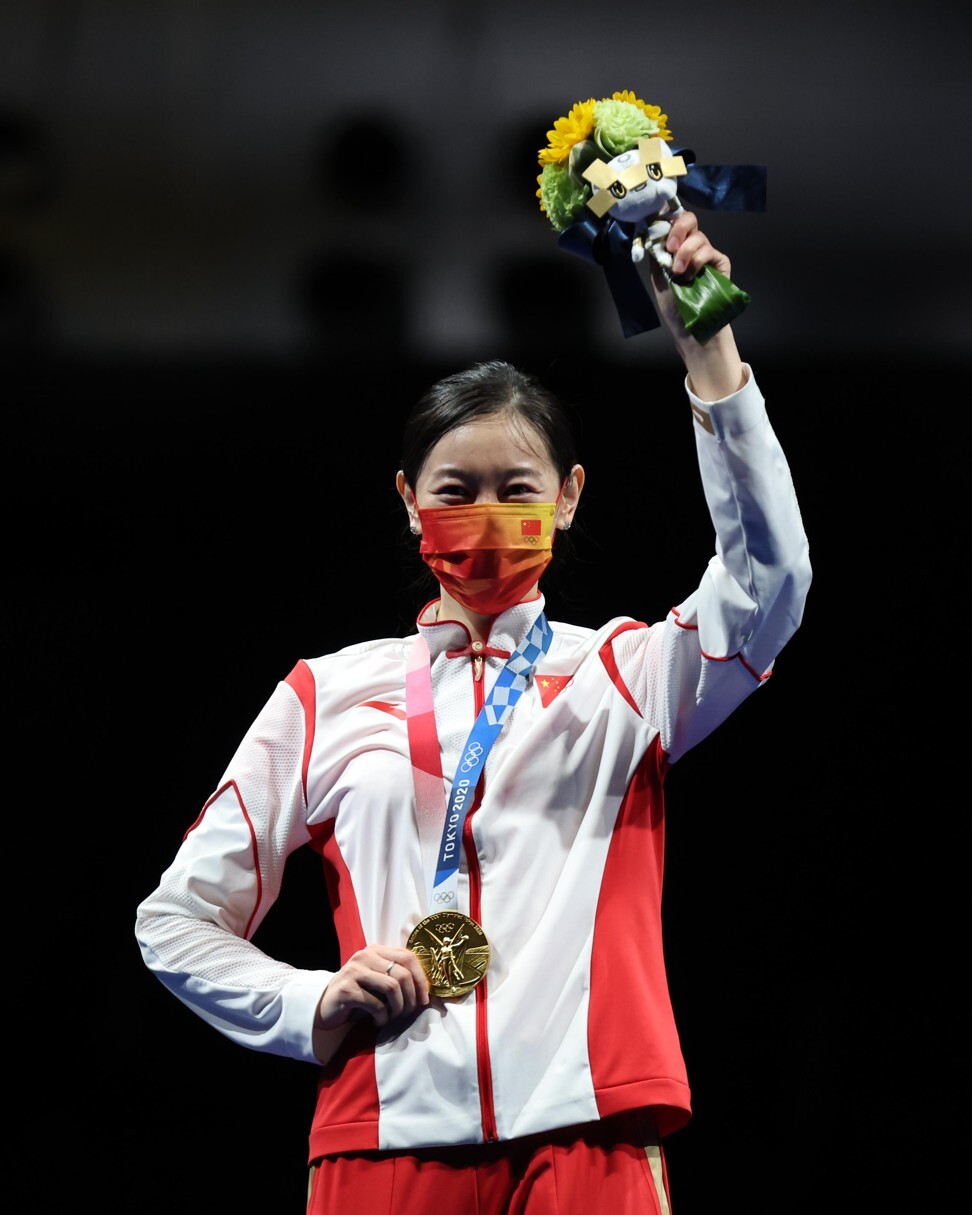
One other measure involved tests on body mass index (BMI), commonly used to quantify body composition but is regarded as unreliable for athletes. The BMI standards set by authorities – 18 or less for men and 20 or less for women – to achieve a perfect score led Chinese judo athletes to adopt harsh diets so they could lose weight and meet targets, with some dropping into lower weight classes.
Such measures were also applied to sports that require no physical component at all, such as chess.
Who is barrier-breaking Chinese swimmer Fu Yuanhui?
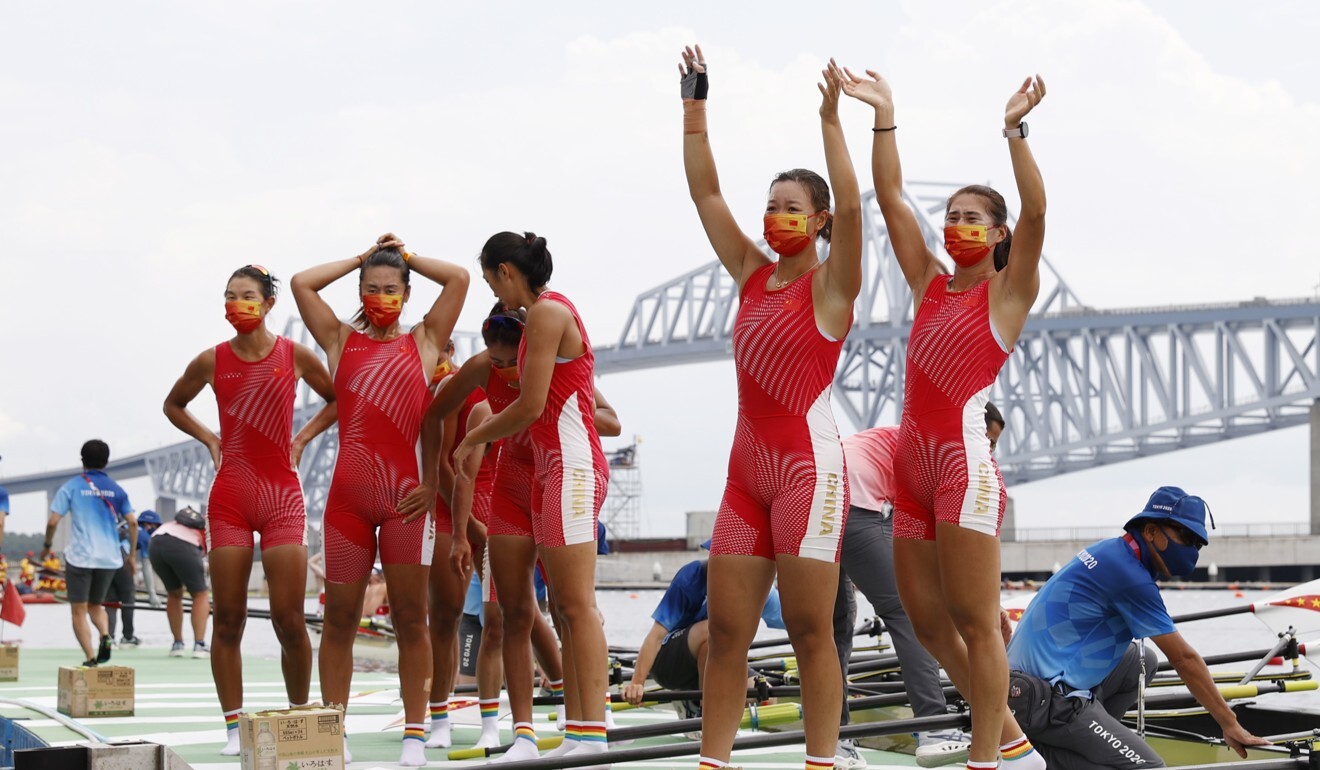
But such thirst for gold is not wholly embraced by Chinese audiences and the media. While there remain those who abuse athletes who lose, others say doing one’s best is its own reward. The mindset appears to be changing even among athletes and coaches.
“While the thrill and pride still captivates me, I don’t think we need the gold medals to prove the national strength in a more confident China,” one commentator said.
“To equate the charm of the Olympics with the number of gold China wins is dumb, disrespectful and dangerous. We have heard so many stories that those who failed to podium struggle with life, when all the attention and fame goes to the gold medallists,” another said.
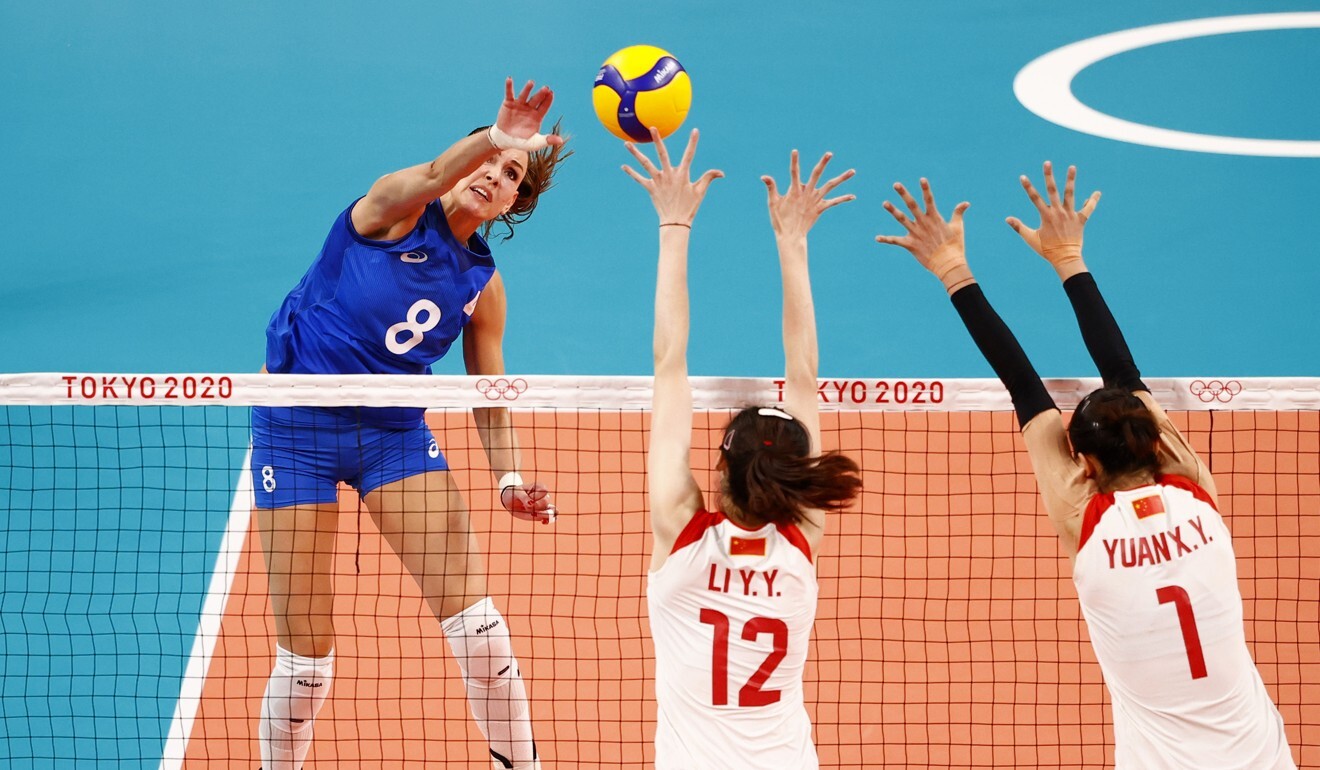
“Everyone played very hard,” the legend said. “It is a kind of sportsmanship that the team is playing. We hold our heads high even if we lose.”
China’s table tennis stars get easier physical tests than swimmers
The supportive messages flooded in, with one user saying: “As someone who rarely watches sports except the Olympics, the match made me realise how difficult it is to notch just one point. I worship those who endure hardship and the passion the volleyball players devote to the matches more than the gold medal.”
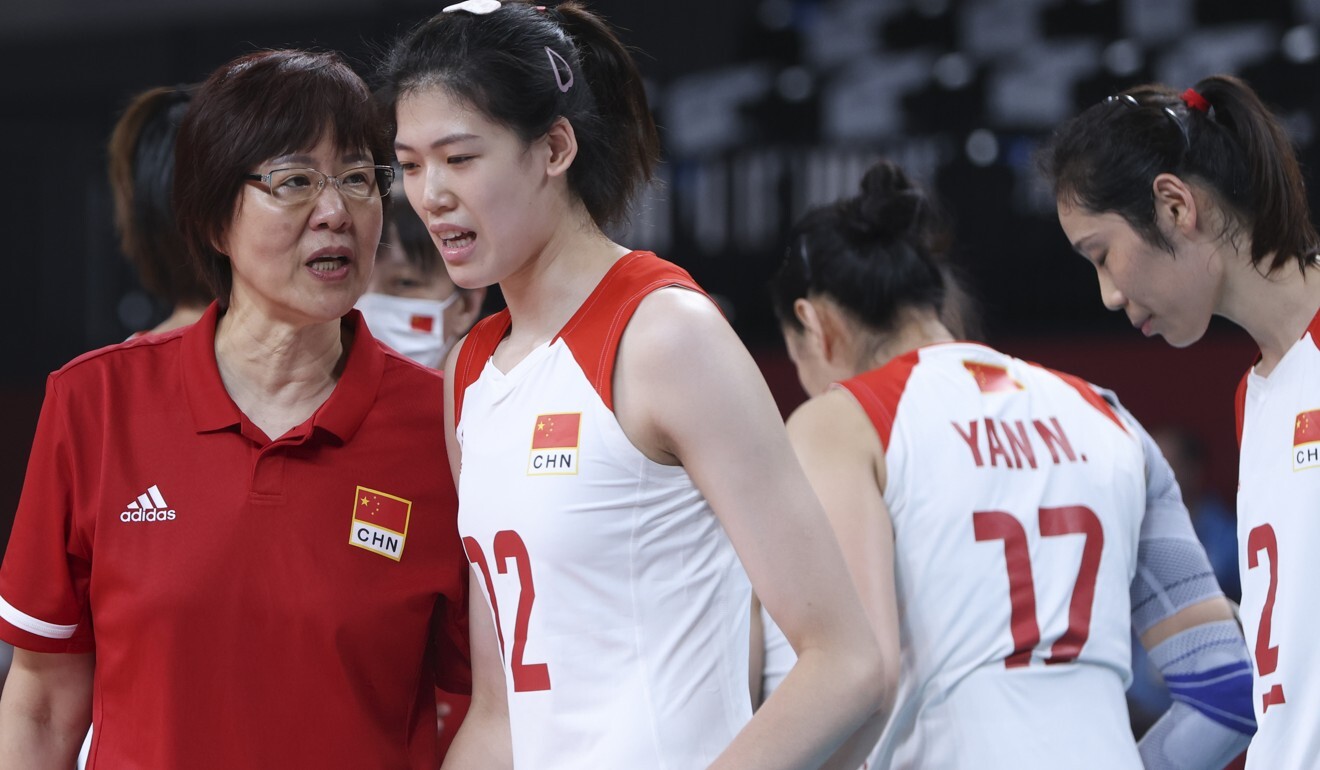
During an intense face-off with Russia last Thursday, the volleyball star was seen having difficulty delivering on her usually powerful spikes, and was in pain afterwards. “I didn’t know her injury was this serious,” said Lang after the game.
“I am happy to see that our players are enjoying the matches more and more every time,” one user wrote. “Standing on the podium or not really does not matter. I hope those who suffer from severe injuries, like Zhu Ting, can instead take a rest.”
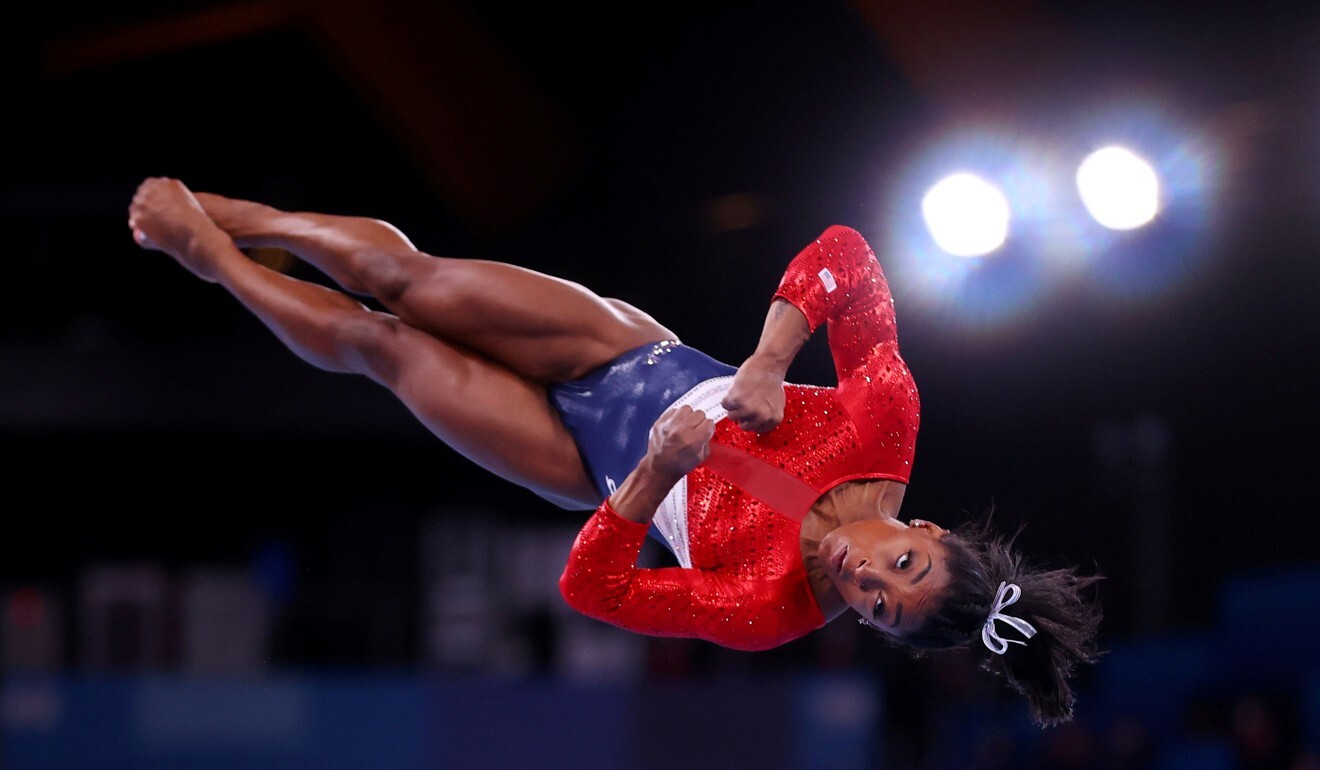
“It reminds me of Simone Biles and Naomi Osaka, who withdrew from major events this year because of mental health issues. Our athletes should also have the courage to prioritise their health over national pride,” said another.
Weibo user “Cynthia_I7” said: “Think about this: what if Biles was a Chinese athlete? Cyberbullied for a week? A month? No, she would be scolded more badly than Liu Xiang, made a bad example of and would keep her head down for the rest of her life, with her and her parents forever tacked on the board of humiliation.”
Hurdler Liu won a historic track and field gold medal at Athens 2004, but he was criticised after having to withdraw with injury at the start at Beijing 2008 and again in London four years later.
China’s table tennis stars get easier physical tests than swimmers
User “Qiqi Jee” from Beijing drew more comparisons with outside hitter Zhu, saying: “The withdrawal of the leading athlete greatly affects the entire team, just like how Zhu Ting impacted the Chinese women’s volleyball team. But we should be like the weightlifter [David Katoatau of Kiribati] who went viral because he danced after he failed a lift, that’s the spirit! Let sports return to its origin, and that’s letting athletes enjoy the competition!”
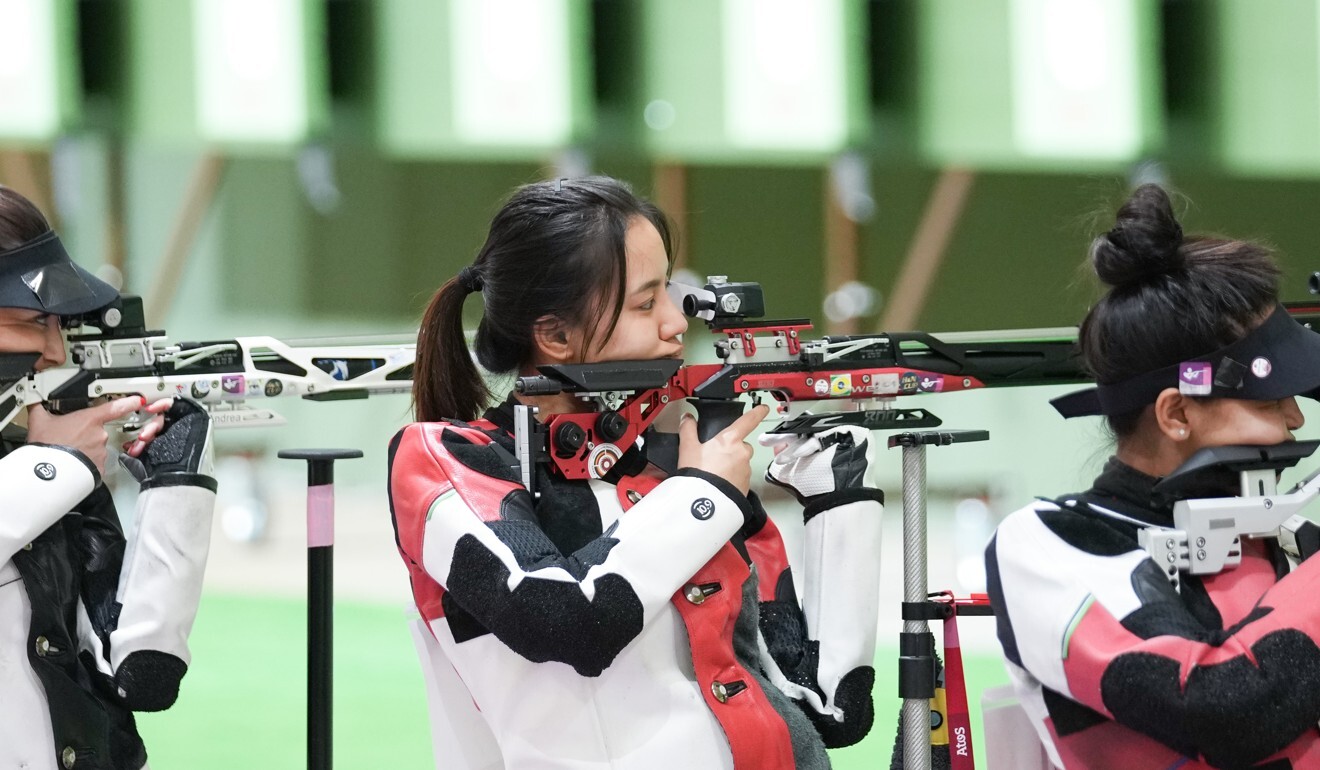
But amid measured voices, some netizens went after athletes who lost with a vengeance. They barraged 23-year-old shooter Wang Luyao after she placed 18th in the 10m air rifle qualifiers and criticised her for attaching a selfie onto her Weibo post in which she apologised for her performance.
Such incidents, however, stand in contrast to the more considered debates on the nature of sports: there will be winners and losers.
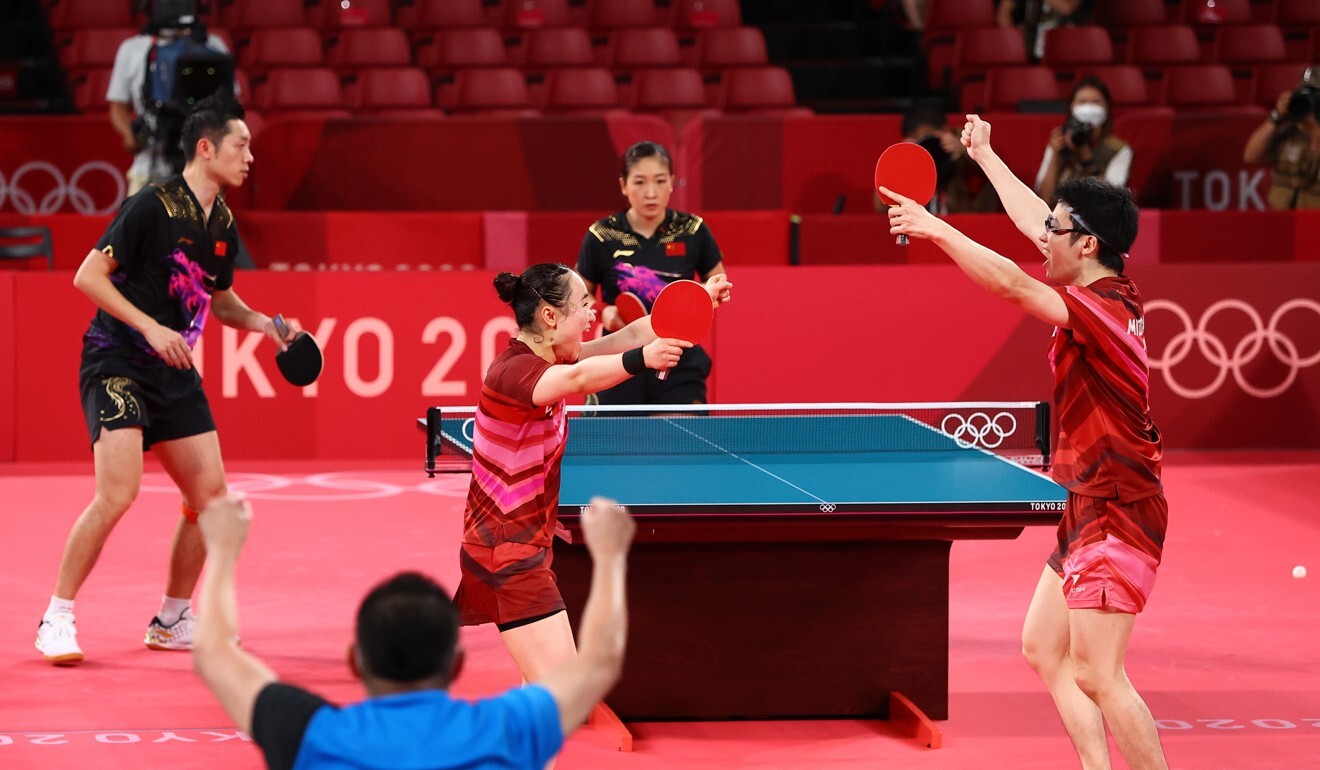
“Reigning champions to defend their titles, sleepers to upset the games – competitive sports is always full of uncertainties. This is also where the charm and value of sports lies,” Communist Party publicity department mouthpiece Guangming Daily commented after the defeat.
“As long as humans play sports, there will be mistakes and regrets.
“After all, those who can win medals are always in the minority, while an athlete’s career is inevitably littered with countless failures. How to face failure, how to perk up in failure, is the ‘main lesson’ of competitive sports.”
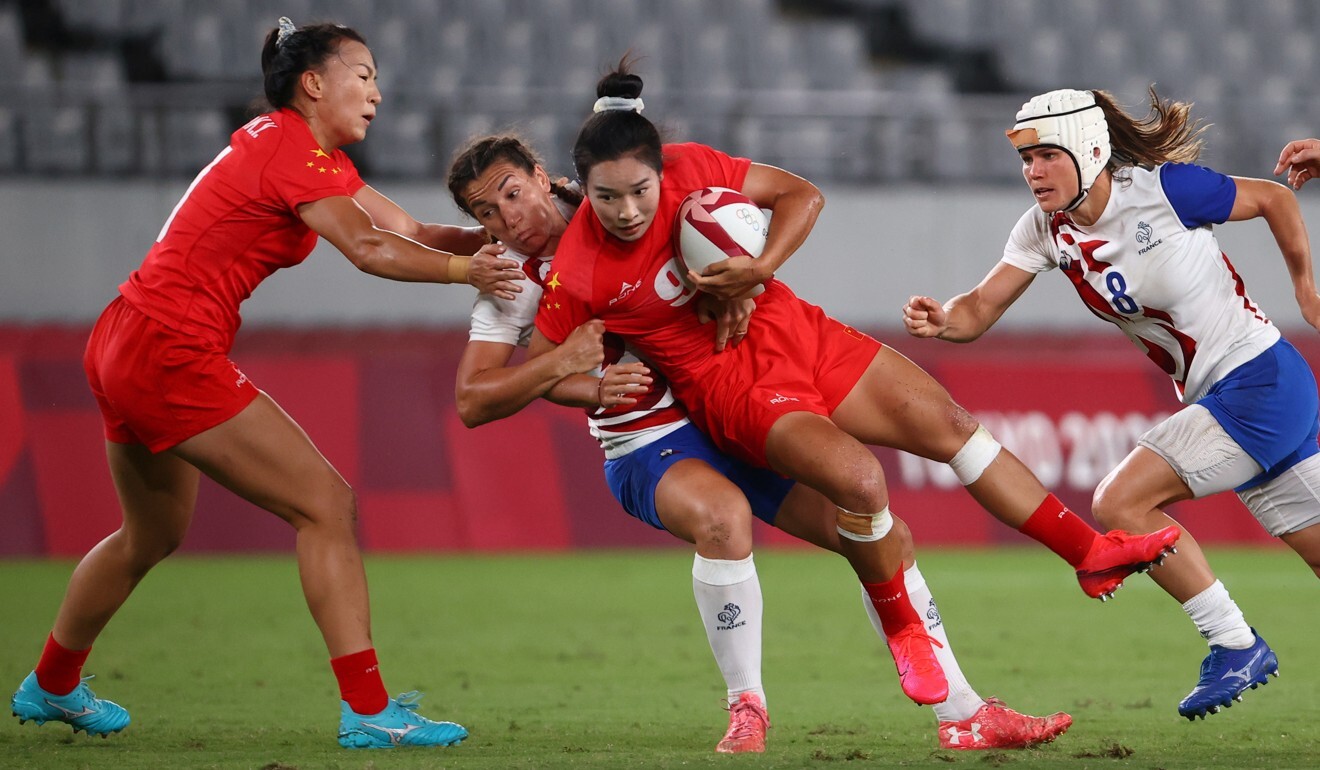
The commentary also praised audiences for backing the athletes. “Where there is a playing field for athletes, there is a playing field for audiences – to show grace and decency, and the respect for sports no matter in victory or defeat.”
Additional reporting by Jack Lau

